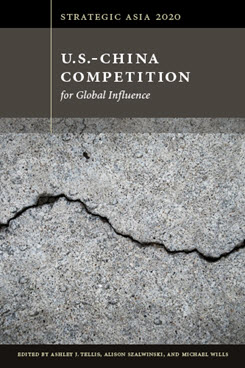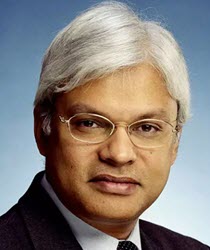The Return of U.S.-China Strategic Competition
This chapter analyzes the progression of China into a strategic competitor to the U.S. and the geopolitical implications of this evolving development.
EXECUTIVE SUMMARY
MAIN ARGUMENT
Under the Trump administration, the U.S. has shifted from viewing China as a strategic partner to a strategic competitor. The administration has challenged China in five key areas: control over the Indo-Pacific rimland, trade and the economy, China’s quest for alternative technical standards, the pursuit of technological dominance, and Chinese military advancement. However, this contestation is complex due to both the close economic relationship between the U.S. and China and the interconnectedness of global trade networks. Nonetheless, states are attempting to exploit the growing U.S.-China competition for their own benefit, avoid being penalized by it, or use each rival to protect their own national interests
POLICY IMPLICATIONS
- The U.S. must act like a responsible hegemon by recommitting to uphold the liberal international order built by U.S. power, provide the global public goods that bestow legitimacy upon its primacy, and strengthen its power-projection capabilities to protect its allies and friends.
- The U.S. should use coordinated action with allies to confront China’s trade malpractices while simultaneously expanding plurilateral free trade agreements to accelerate U.S. economic growth and deepen the U.S. relationship with its partners.
- The U.S. should pursue targeted decoupling of the U.S. and Chinese economies, mainly in order to protect its defense capabilities, rather than seeking a comprehensive rupture that would fracture global trade networks, impose economic losses on the U.S. and its allies, and strengthen Beijing’s determination to establish its own trading bloc.
Ashley J. Tellis is the Tata Chair for Strategic Affairs and a Senior Fellow at the Carnegie Endowment for International Peace. He is also Research Director of the Strategic Asia Program at the National Bureau of Asian Research.
Strategic Asia
The Strategic Asia annual edited volume incorporates assessments of economic, political, and military trends and focuses on the strategies that drive policy in the region. Learn more about Strategic Asia.




